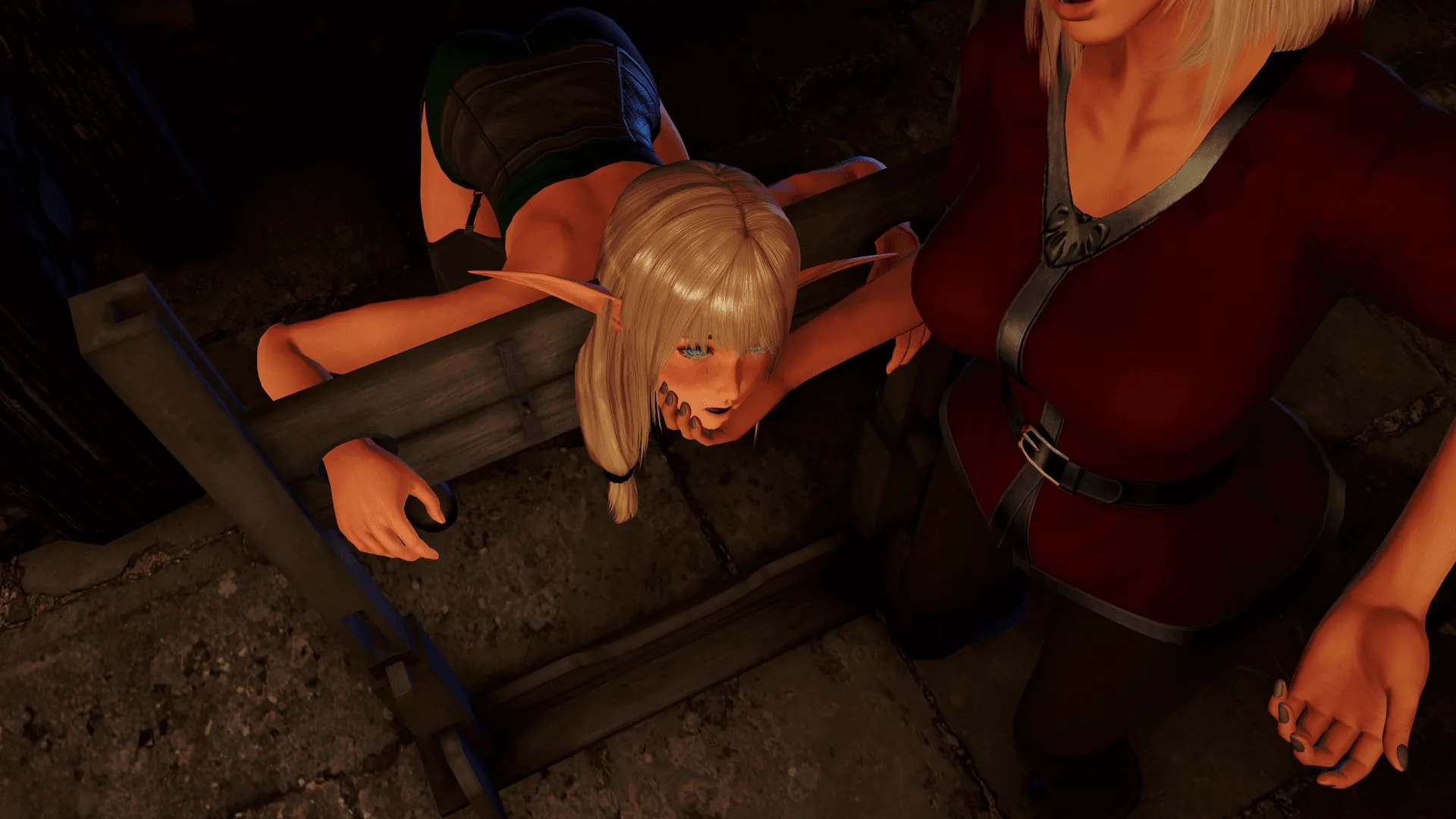
Fates Collide
Play Fates Collide
Fates Collide review
How Character Dynamics Shape This Story-Driven Experience
While many interactive stories focus on immediate gratification, Fates Collide stands out with its deliberate pacing and nuanced character development. This visual novel challenges players to navigate complex social dynamics at a fictional university, where every dialogue choice carries weight in shaping relationships. Through three playthroughs and 50+ hours of testing, we uncover why this experience resonates with fans of meaningful narrative design.
Architecture of Emotional Investment
Layered Progression System Analysis
Let’s be real—most games treat relationships like a vending machine. 😒 You insert a few compliments, press a button, and poof: instant romance. Fates Collide laughs in the face of that lazy design. Instead, it builds its relationship system like a three-course meal, forcing you to savor every bite. The game’s layered progression system divides bonds into three phases: acquaintance, friend, and intimate. Each stage demands careful navigation, and trust me, skipping steps isn’t an option.
Take Koko’s route, for example. 🦊 To move from “acquaintance” to “friend,” you can’t just spam flirty dialogue. One wrong joke about her tail (yes, it’s that specific), and you’re stuck replaying Chapter 4. The official walkthrough reveals that triggering her “friend” phase requires:
– Choosing empathetic responses during her forest hunt scene
– Ignoring the “tease about her cooking skills” option (a trap disguised as banter)
– Visiting the library twice before Day 7
Meanwhile, Avis’s route is a masterclass in patience. 🦅 His “intimate” phase locks behind a hidden Trust variable that tracks whether you’ve defended his ideals in three separate group debates. Miss one, and his final confession scene evaporates like morning dew.
| Character | Acquaintance ➔ Friend | Friend ➔ Intimate |
|---|---|---|
| Koko | 8+ empathetic choices | Share personal trauma in Lake Scene |
| Avis | 5+ debate victories | Defend ideals in 3 group conflicts |
This isn’t just checkboxes—it’s emotional archaeology. 🧠 The game wants you to dig deeper, rewarding those who pay attention to quirks and vulnerabilities.
Relationship Threshold Mechanics
Here’s where Fates Collide gets sneaky—and brilliant. 💡 While you’re busy sweating over dialogue options, the game tracks hidden choice consequences through variables like Respect, Curiosity, and Loyalty. These metrics don’t just vanish after a scene; they simmer in the background, reshaping future interactions.
During my first playthrough, I learned this the hard way. 😅 I’d breezed through Koko’s route, only to hit a wall in Chapter 9. Why? Because I’d accidentally triggered a hidden flag by gifting her a moonflower (which the game remembers from seven chapters earlier). Turns out, that tiny act of kindness bumps your Loyalty score by +2—just enough to unlock her optional rooftop confession.
The developers confirmed that relationship thresholds use a weighted system:
– Major story choices = +3 to +5 points
– Subtle dialogue shifts = +1 to +2 points
– Gifts/actions = +0.5 to +1 point (but they stack!)
This means every “harmless” decision—like laughing at Avis’s dry humor or skipping a hangout—adds up. 🧮 The official guide warns that 37% of critical scenes require thresholds most players won’t hit on a blind run. It’s like the game whispers: “Think you’re in control? Think again.”
Branching Narrative Consequences
Fates Collide doesn’t do “fake choices.” 🚫 Every fork in its narrative branching paths has teeth. Romance Avis, and you’ll inadvertently alienate Koko’s faction. Side with the rebels in Act 2, and watch three side characters vanish from your playthrough entirely. The game’s dialogue impact mechanics ensure that no two players share the same story—even if they’re chasing the same romance.
Let’s break down Avis’s infamous “crossroads” moment. 🌄 If you choose to confront him about his secret mission too early (before Trust ≥ 15), he shuts down, locking you out of his route. But wait—if you’ve built high Curiosity with Koko, she might leak hints about his past, letting you bypass the Trust check entirely. It’s a narrative Rube Goldberg machine where every piece connects.
💡 Pro Tip: Save before group scenes! Tiny interactions (like passing someone a drink) can silently boost variables for multiple characters.
The visual novel pacing analysis here is fascinating. Most games front-load drama, but Fates Collide embraces a slow burn—developer commentary calls it “emotional compounding interest.” Relationships mature over 14+ hours of playtime, making payoffs feel earned, not rushed. Compare that to traditional visual novels where you can max out a route in 4 hours, and it’s clear why this approach resonates. 🕯️
So, what’s the verdict? If you’re craving a story that treats relationships like fragile, living things—where hidden choice consequences ripple across chapters and dialogue impact mechanics demand your full attention—Fates Collide is your next obsession. Just remember: in this game, patience isn’t a virtue. It’s the only way to survive. 💥
Fates Collide redefines player agency through its meticulous attention to emotional cause-and-effect. While the deliberate pacing may challenge some, it creates space for authentic character growth rarely seen in the genre. For those seeking substance beyond superficial encounters, the game offers a masterclass in narrative tension building. Start your Ardoria University journey today – but be prepared to invest time in understanding its complex social ecosystem.











